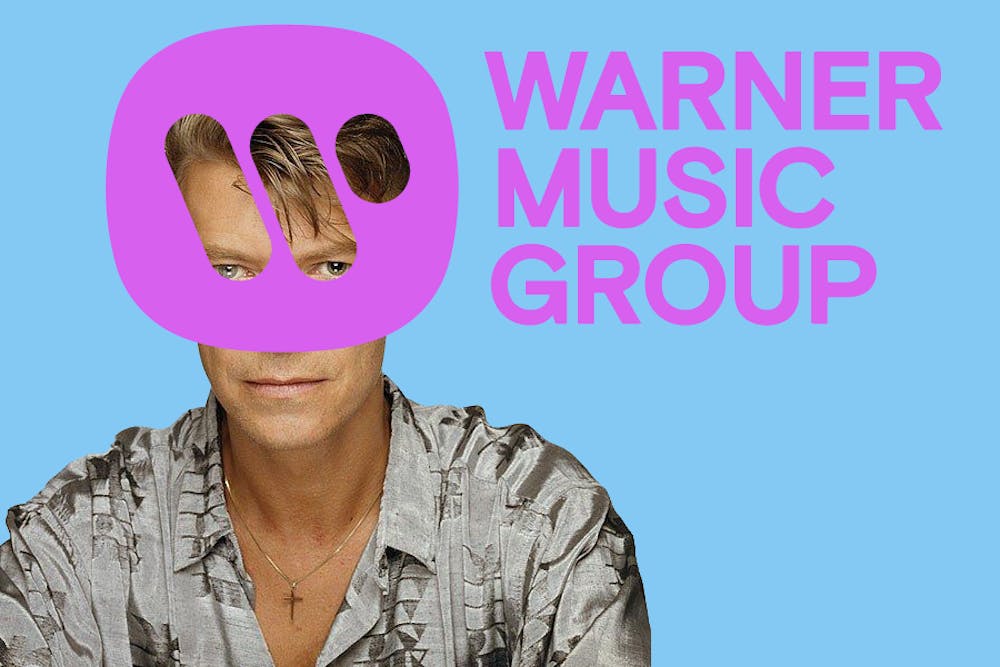Big news for David Bowie fans broke at the start of the year. His entire publishing catalog”—including every single album and song, as well as his short–lived Tin Machine project—was sold to Warner Music for more than $250 million. For those who aren’t aware of the buzz around publishing rights, this may prompt some big questions: why sell the rights? Are artists getting a fair share when they do so? Were they even initially willing to sell, or did music executives have to convince them for a payout? The Bowie story simply scratches the surface of an investment market that grows larger and larger by the day—the most important decision now is how that market should be handled.
The realm of music investment is being led by Hipgnosis Songs Fund, a British company that was created in 2018 by industry executive Merck Mercuriadis and Chic co–founder Nile Rodgers. Hipgnosis buys and manages the royalties of any artists willing to accept their compensation, meaning artists can essentially cash out while they’re ahead and allow tried–and–true industry people to manage their works. The firm used the influence of its founders in its first couple of years to secure big songwriting names such as Timbaland and Justin Bieber collaborator Poo Bear. Despite a relatively slow start, Hipgnosis struck big in November 2020 with the acquisition of 42 catalogs, a total of nearly 33,000 songs, from Kobalt Music Group. As of December, the company is valued at $2.55 billion with a catalog of more than 65,000 songs.
The business has stressed songs as assets that aren’t only safe, but unshaken by the world around them. “What investors want is not only something that’s predictable and reliable, but something that’s also uncorrelated to everything else that’s going on in the marketplace,” Mercuriadis stated in a Thought Economics interview.
With Hipgnosis quickly becoming a lucrative endeavor in the music industry, other businesses have followed in its footsteps. The news around Bowie’s estate and Warner was preceded by Bob Dylan receiving a staggering $400 million for his royalties from Universal Music Publishing Group. Primary Wave, a talent management company, was founded the same year as Hipgnosis, and has already picked up stakes in Bob Marley, Whitney Houston, and Ray Charles.
That said, it's tricky to understand why artists would buy into this business model. With streaming hopefully on the way to improve its payments to artists, it may be fair to ask why a musician would sell their rights at such an opportune time. Looking into the details, there could be several reasons as to why one would do so. Musicians may want to avoid the potentially rising annual capital gains taxes that come with the ownership of rights, or they may have to prepare for certain personal matters that require the money. A key reason that some have noted, especially with the rise of Hipgnosis in late 2020, may be the cancellation of concerts due to the ongoing COVID–19 pandemic. With shows being called off—or on the verge of being called off at a moment's notice—artists may want to go ahead and get their money instead of waiting for touring to be a consistent and plausible option for revenue again.
Another big question is whether or not each company can be trusted with publishing rights. While large music companies might be hard to trust, Hipgnosis is composed of two owners who support songwriters’ and artists’ best interests. Both Mercuriadis and Rodgers openly supported the 2021 Department for Digital, Culture, Media, and Sport Committee inquiry into streaming economics, which decried major industry firms for taking a large sum of the profits and ultimately resulted in the committee urging for a “complete reset” for the medium. “The first main motive, above making money, is to change where the songwriter sits in the economic equation,” Mercuriadis said around the time of the inquiry. While Hipgnosis champions the creators, other companies—like the music industry Big Three, made up of Sony, Warner, and Universal—may be more shifty. They might have given lofty amounts to Dylan or Bowie, but there's always the possibility that they could overuse their power and coax a smaller artist into selling their royalties for much less than what they’re worth?
Although the music investment market needs time to further develop to avoid any exploitation, Rodgers and Mercuriadis are making great strides in managing their catalogs respectfully and helping musicians earn what they deserve. Artists and estates like Bowie’s now have the option of selling their publishing rights if they want to reap the benefits of their work, but they need to make sure that the buyer will handle them well.

